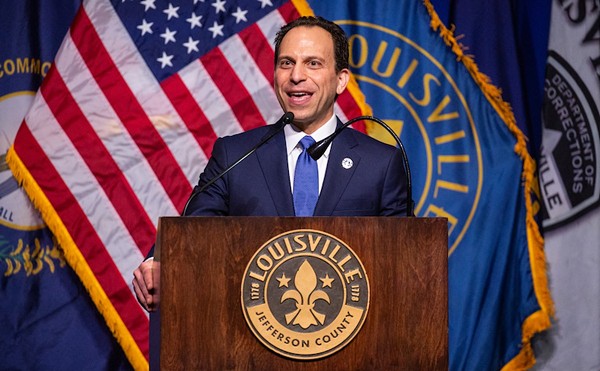We live in a culture that encourages aggressive behaviors and at times allows those behaviors to go unchecked. This is particularly true when it comes to our sons. “Boys will be boys” is an all too familiar cliche that needs to be put to rest. There is no reason that we continue to make excuses for our sons’ bad behaviors — except that as a nation, we are so trained to patriarchal thinking, we refuse to entertain the possibility that “boys will be boys” creates predatory and aggressive men. In short, we create the entitlement that feeds our nation’s issues with sexual aggression and rape. To stop this, we have to change the way we think about gender.
When I became a mother, I made a conscious decision to limit my child’s exposure to violence, gender-specific toys and clothing, and stereotypes about the male child. I had to share that decision with my family and in-laws. Initially, the response was confusion. What newfangled, hippie BS was I talking about? Why can’t the boy wear camo? (There is a standing ban on camouflage in our house.) My intent to keep the study of aggression away from my son has to be complete. It has to include his media, his clothing (I admit he has superhero shirts, though he’s never seen a superhero) and his playthings. To some, the idea that a male child would be denied the icons of boyhood should mean that he will be effeminate or weak. Contrary to this notion, my son is an assertive kid without the aggression. Having an assertive parent is much more likely to factor into his behavior than learned stereotypical conduct.
Notions of the patriarchy are reinforced everywhere. A trip to Target, a store I usually credit for its sensitivity, reveals the ways that a good business falls short when it comes to marketing toys. In the “girls” toy aisles, there are dolls, salon chairs, horses with brushes, and princess dresses. The “boys” aisles are a lesson in aggression, filled with armored action figures, weapons (Hulk fists and Minecraft swords) and superhero costumes. On a very basic level, this continued support of boy vs. girl marketing sustains the narrative that aggression and maleness are one and the same. We train our sons to be soldiers and we train our daughters to be pretty.
Recently, allegations of rape and sexual assault have resurfaced for comedian Bill Cosby. Several women have accused him of doping and molesting them. He’s even reached a financial settlement with one of his accusers. The reactions have been confused at best. Many jumped onto the bandwagon of guilt and have filled the Internet with convictions of Cosby’s character. Others, like Whoopi Goldberg, have questioned the legitimacy of the claims, even treading dangerously close to blaming the victims.
The confusion, it seems, stems from our inability as a society to retool our notions of maleness and celebrity. Because of this, we continue to feed the “boys will be boys” narrative that creates entitled men who believe that women are to be dominated and sexually manipulated. We resist changing our views because change means admitting that perhaps we’ve been wrong about how gender should be performed.
Perhaps Cosby is innocent. Sometimes men are falsely accused of sexual crimes. Mostly not, but I’m not interested in his guilt or innocence. What I am interested in is the level at which we fall over ourselves as a society trying to parse this guilt or innocence, and then flail about trying to decide what will ultimately be his legacy.
Each time a woman is raped or assaulted, complaints about mothers raising better sons gain focus ... but no one tries to explain how to do this. How do we make “better” sons a reality? How do we kill the notions that male dominance and aggression are desirable and that “boys will be boys” is a scientific assessment of hostile and unsafe behavior? We have to change the whole narrative and the thought process of a society that believes people have a predetermined performative nature. When we begin to recognize that and practice allowing our children to grow without the boundaries of “gender,” perhaps finally we will see a growth in respect and compassion.
I hope that as my son grows, his ideas of masculinity don’t include these limits, and I expect that he will offer himself as a fair person who doesn’t regard his penis as a key to the world.






